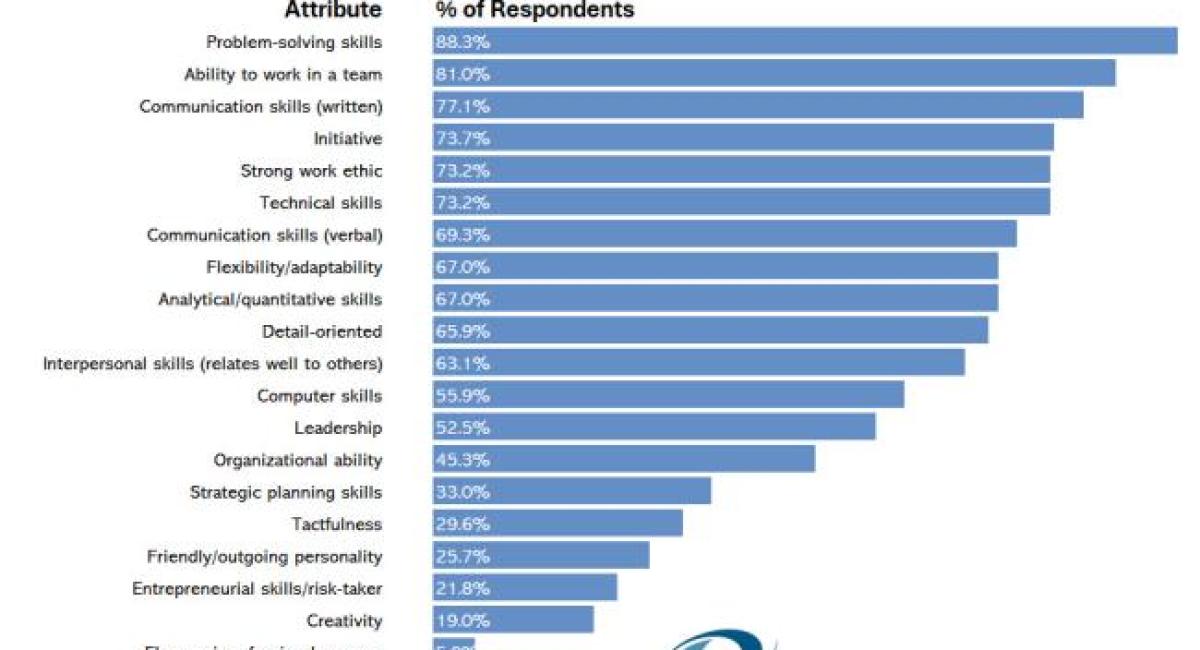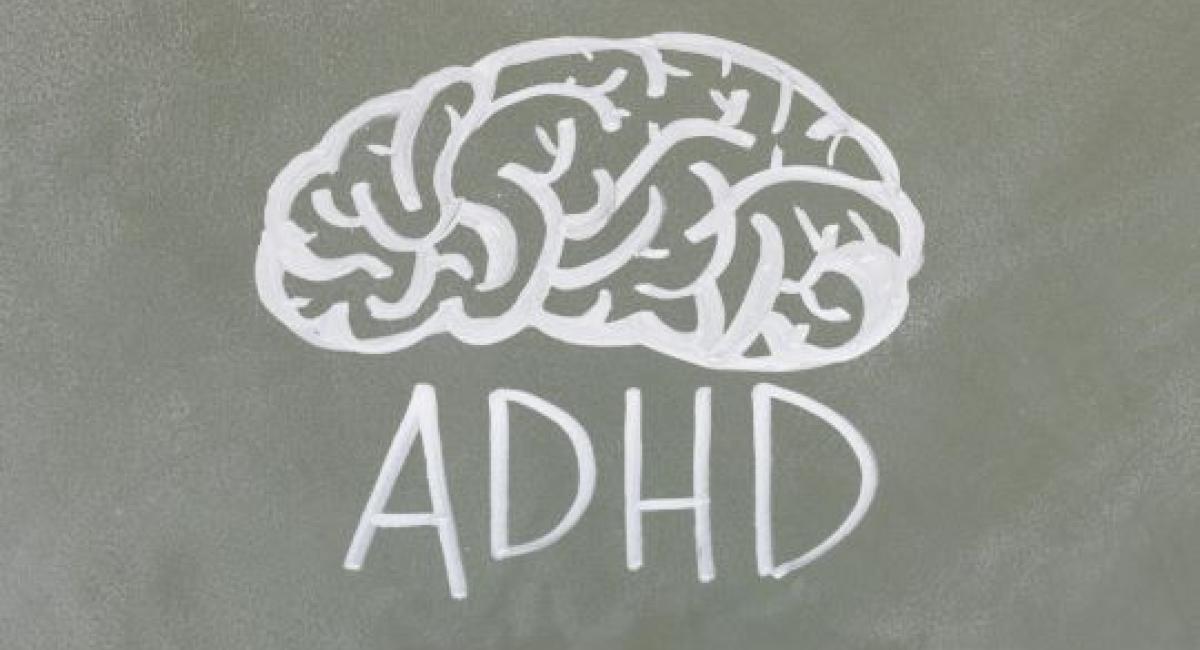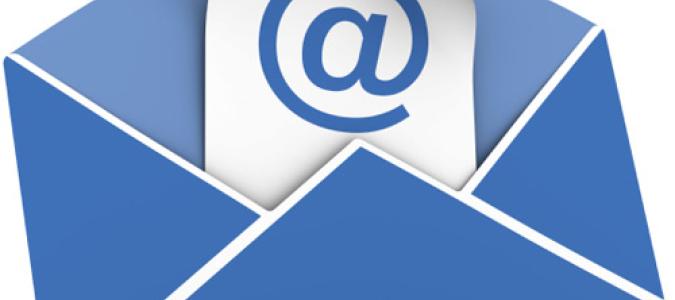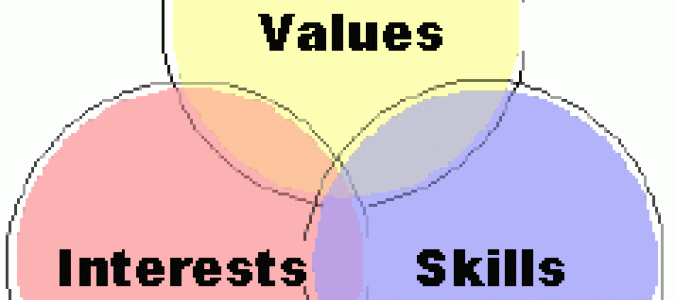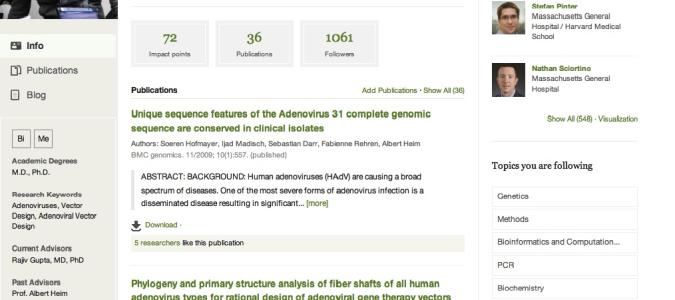Name: Julien Debbache, PhD
Job Title & Organization: Postdoctoral Fellow, University of Zurich
Location: Zurich, Switzerland
How long you’ve been in your current job: Two years
PHD Advisor, IC: Heinz Arnheiter, NINDS (Now NIH Emeritus); Individual Partnership Program (Rennes 1 University, France)


